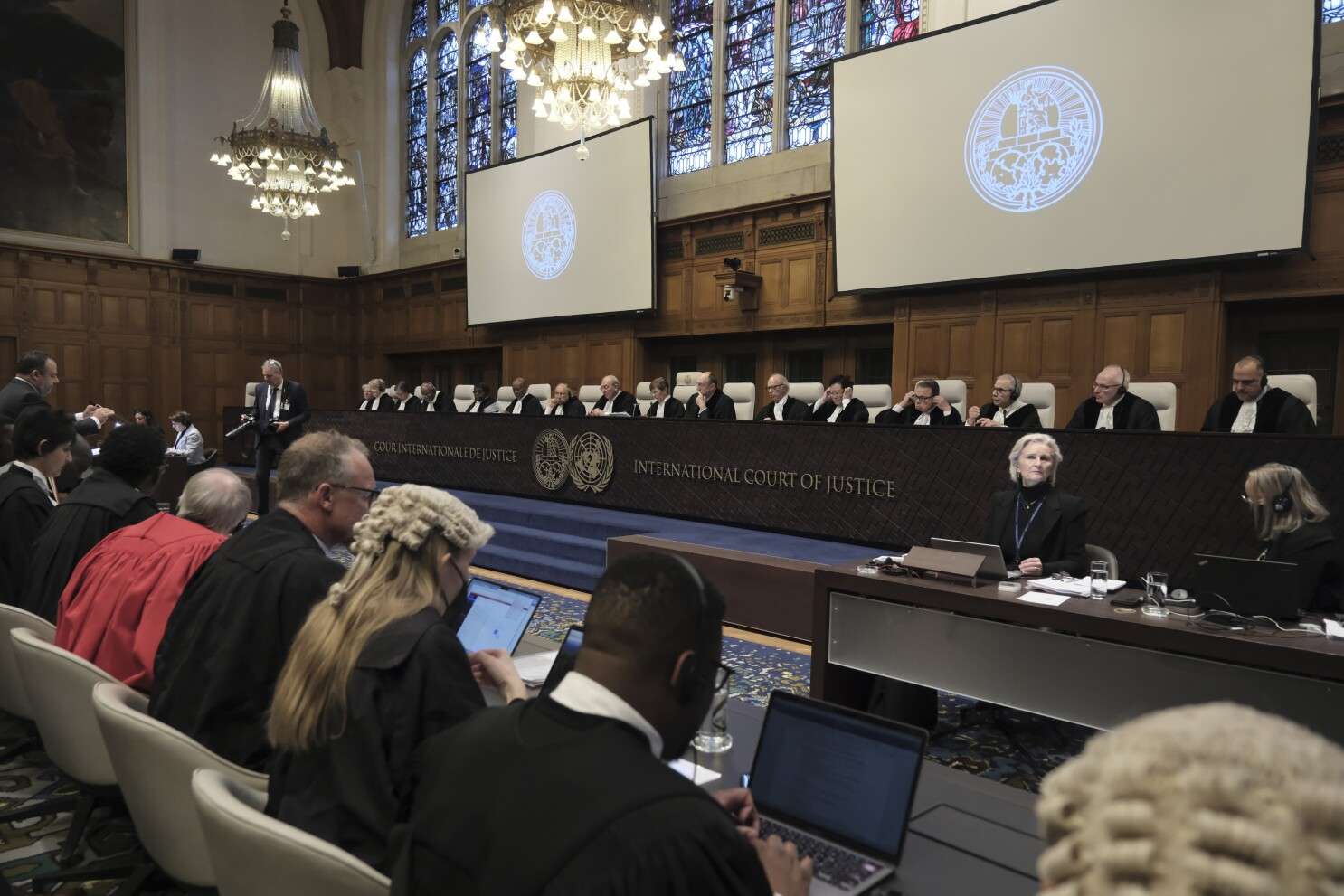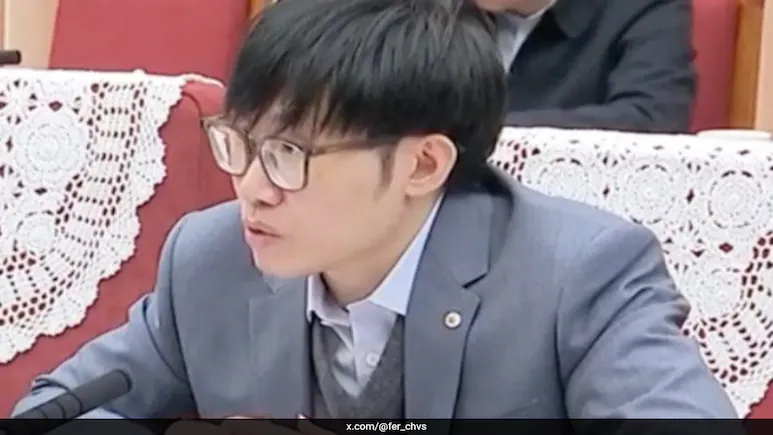In a landmark decision, the International Court of Justice (ICJ) issued an order to Israel, urging them to prevent acts of genocide against the Palestinians. The ruling came in response to a case brought by South Africa, accusing Israel of state-led genocide in its offensive against the Palestinians, which has claimed over 26,000 lives. Despite the severity of the accusations, the ICJ fell short of ordering an immediate ceasefire, a move South Africa had requested.
The judges emphasized that Israel must take all possible measures to prevent its troops from committing genocide, imposing the responsibility to punish any perpetrators and improve the dire humanitarian situation. While not explicitly endorsing a ceasefire, the ICJ refused to dismiss the genocide case, asserting that Palestinians seemed to be a protected group under the 1948 Genocide Convention. Notably, the court refrained from passing judgment on the merits of the genocide allegations.
Israel vehemently denied South Africa’s claims, dismissing them as “false and grossly distorted.” The nation asserted that it actively endeavors to minimize civilian casualties in its efforts to counteract the offensive initiated by Hamas militants, who had previously attacked Israel, resulting in 1,200 casualties and the kidnapping of over 240 individuals.
This groundbreaking decision by the ICJ has stirred global debates about the effectiveness of the order and the ongoing complexities in the Israel-Palestine conflict.










